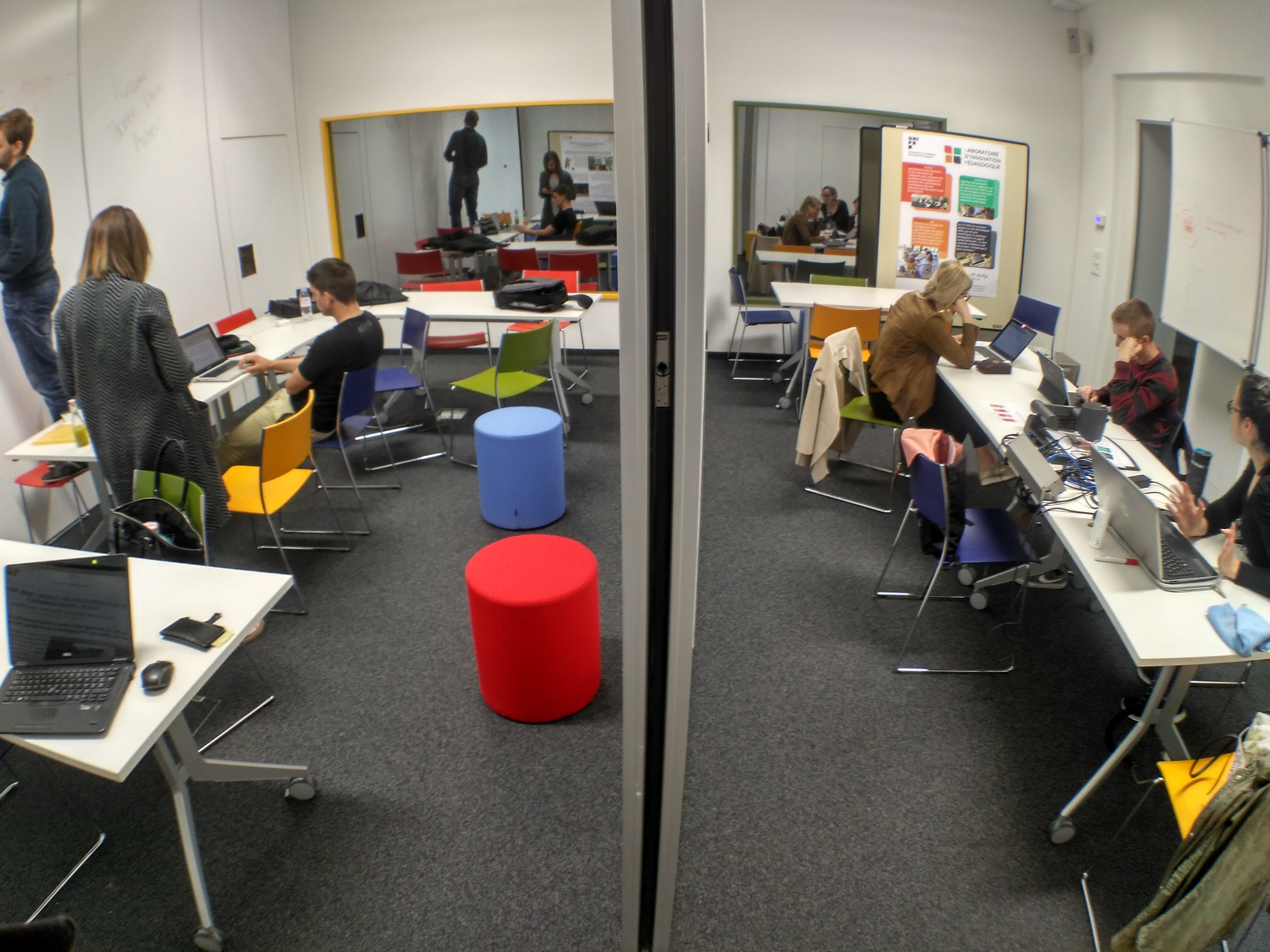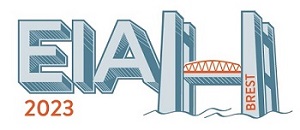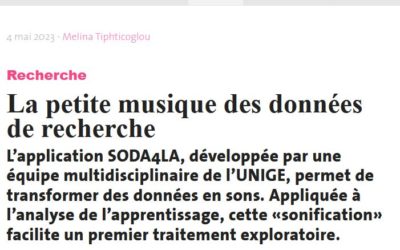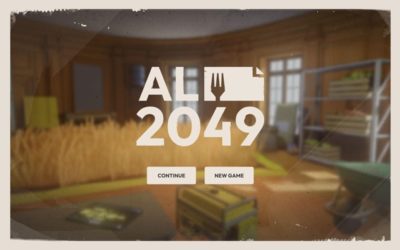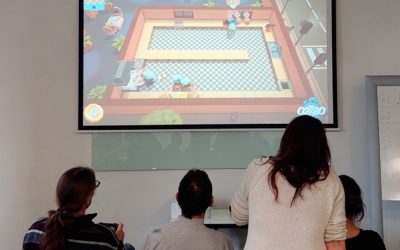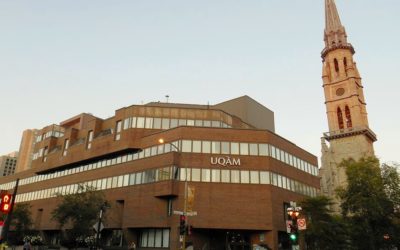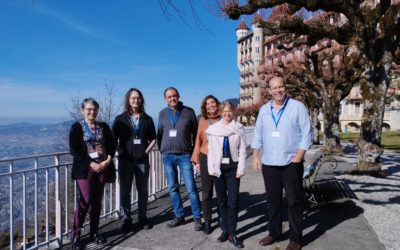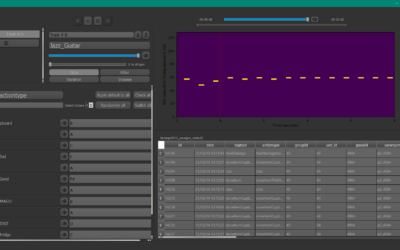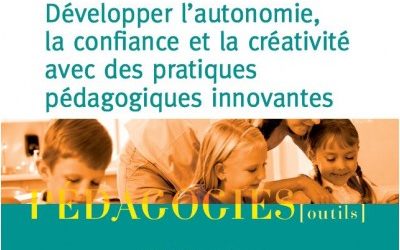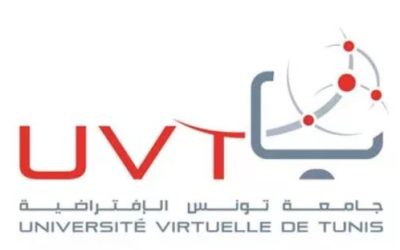co.LAB – A Digital Lab for the co-Design, co-Development and co-Evaluation of Digital Learning Games
Interest in Digital Learning Games (DLGs) has flourished at all levels of education. Digital Learning Games contribute to increasing students’ motivation and engagement, and are effective tools to support learner centered teaching practices. However, the design, development and uses of DLGs remain an issue due to the gap between teachers, game developers and researchers.
At the crossroads between educational and computer sciences the goal of the co.LAB project is to improve the design, development and uses of Digital Learning Games at all educational levels in Switzerland. This goal will be achieved by the development of what we call the co.LAB: a collaborative methodological framework between teachers, game developers and researchers in educational science, associated with a collaborative digital platform dedicated to co-design, co-development and co-evaluation of DLGs.
With the development, implementation and assessment of the co.LAB methodology and digital platform, we want to answer the following research questions (RQ).
RQ1: What methodology is needed to support collaborative DLG design and development?
RQ 2: What are the digital platform features necessary to support the collaborative DLG design and development process?
RQ 3: What are the effects of the methodology and digital platform on development cost and duration (efficiency)?
RQ 4: What are the effects of the methodology and digital platform on the quality of DLGs produced (relevance and effectiveness)?
RQ 5: What are the drivers for adoption of the methodology and digital platform by the educational, game developer, and research communities?
Following a design-based and mixed methodology, the co.LAB methodology and digital platform will be implemented and tested with the design, development and evaluation in real educational contexts of two showcase games dedicated to medical education (higher education) and computational thinking (secondary education). They will be used as a proof of concept. The experimentations will be carried out with classes both in a secondary school and at a university of applied sciences. The data collected will be based on an ethnographic approach on the one hand (questionnaires and focus groups carried out with stakeholders), and on the digital traces of users of the platform on the other hand.
By including a digital infrastructure for digital learning resources development and by providing, as a use test result, two digital learning games the project is fully in line with the PNR77 goals and more specifically with the module “Education, learning and digital change”. In addition, the co.LAB methodology, digital infrastructure and laboratory may serve both as an example of the introduction of digital in education and as a basis for future co-development of open digital educational resources in general.
Durée du projet
01/2020 – 12/2023
Financement
Fonds National Suisse

Requérants principaux
Dominique Jaccard HEIG-VD et Eric Sanchez, Université de Fribourg
Partenariat
Haute Ecole d’Ingénierie et de Gestion du Canton de Vaud
Membres du projet
Estelle Prior Unige
Mariem Jaouadi Unige
Membres associés
Nadine Mandran LIG/U. Grenoble
Matthieu Vermeulen IMT Nord Europe
Emmanuel Beffara U. Grenoble
Gaëlle Guigon IMT Nord Europe
Jérémie Humeau IMT Nord Europe
Anthony Fleury IMT Nord Europe
Contact
Eric Sanchez (eric.sanchez@unifr.ch)
Dernières actualités relatives à cette recherche
Le LIP en route vers Brest pour la conférence EIAH 2023
Dans le cadre de la conférence EIAH 2023, l’équipe du LIP sera présente à Brest pour animer un atelier et présenter un article. L’atelier se déroulera le mardi 13 juin de 9h à 12h30 et abordera la thématique : “Conduire une...
La petite musique des données…
Développée par André Cibils avec la contribution de Théophile Houessou, stagiaire dans l'équipe, l'application SODA a été mise en lumière dans un article du Journal de l'Université de Genève. [lire l'article sur le site de l'Unige] SODA est une application destinée à...
AL2049 – Comprendre la production alimentaire et les limites planétaires
Développé dans le cadre du projet PLAY, le jeu AL2O49 est destiné aux visites scolaires à l’Alimentarium, un musée consacré à la production alimentaire à Vevey. Munis d’une tablette, les élèves sont invités à transformer les salles du musée en espaces dédiés à la...
Le LIP aux Journées Jeux Sérieux à Paris
Jouer, rencontrer, tester, échanger, créer, repenser … voilà le programme de la deuxième édition des journées “Jeux sérieux” qui s’est déroulée début avril à Paris. Organisé au Fiap et coordonné par les IMT (Instituts Mines-Télécom), cet événement réunissait...
Coup de projecteur sur la Design-based research
Vendredi 31 mars 2023 s’est déroulé la 3ème édition du séminaire NUMED (Numérique en éducation) à l’Université du Québec à Montréal. Cette journée d’étude trimestrielle vise à promouvoir des échanges sur les méthodologies de recherche en technologies éducatives....
Enseigner et former avec le jeu
La question des relations entre jeu et apprentissage était à l'honneur de la Matinale de SqoolTV animée par Emmanuel Davidenkoff. Le replay de l'émission est désormais disponible sur le site de la chaîne.
Séminaire du projet SODA4LA à Caux
Le séminaire du projet SODA4LA s'est tenu à Caux du 20 au 22 février 2023. Cette rencontre a permis de réunir différents experts internationaux pour explorer le potentiel de l'application pour représenter et analyser des traces d'interaction collectées en contexte...
SODA: SOnification of DAta for Learning Analytics
SODA SODA (SOnification of DAta) is an open source and generalist interactive sonification application. SODA is designed to sonify and explore learning analytics data based on users preference. Requirements Only a specific type of data can be sonified: Soda expect...
Enseigner et former avec le jeu
Les travaux menés au sein du LIP ont conduit à la publication d'un nouvel ouvrage destiné plus particulièrement aux enseignants et formateurs qui s'intéressent à l'apprentissage par le jeu. Les chercheurs du domaine trouveront également de nombreuses références pour...
Symposium de l’Université Virtuelle de Tunis
Le LIP a été invité au symposium de l'Université Virtuelle de Tunis qui s'est tenu les 6, 7 et 8 février 2023 à Hammamet. Le symposium portait sur "l'élaboration des référentiels métiers et du vademecum des acteurs de l'Enseignement à distance (EAD)" et l'expertise du...

